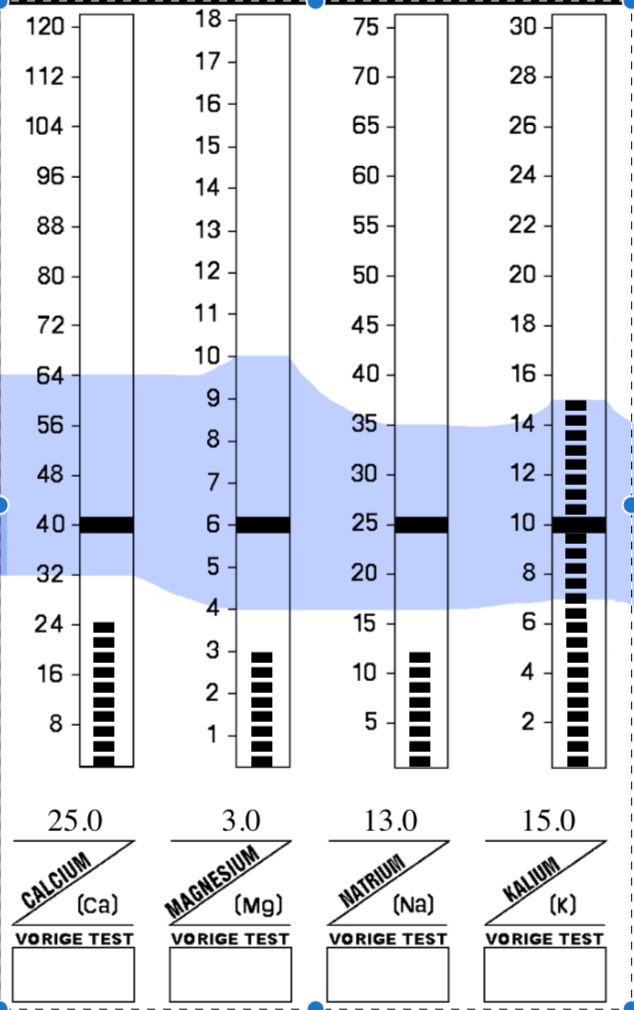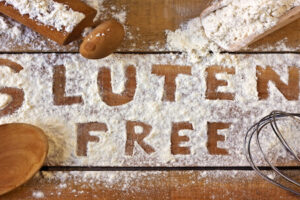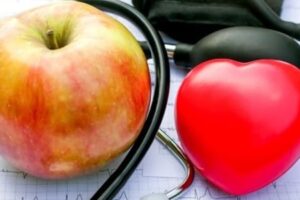For those who are later familiar with doing the Hair Tissue Mineral Analysis as important start for system diagnostics, the inverse Na / K ratio is more common than exception, especially in children.
We show you a macro mineral profile from an HMA of a 1 year old boy. With an inverted Sodium / Potassium ratio, the Sodium concentration is smaller than that of Potassium. It is an indication of the “exhaustion phase” of the stress system. Rightly, Robert Sapolsky pointed out in his book “Why Zebras Do not Get Stomach Ulcers” that this description is confusing. It is not the case that this phase is not an adequate stress response, but that the price paid for it is dramatically high. Discretionary, damage and long term illness.

Since the early 90’s this profile in young children is no longer an exception. It means that the young generation is at an early stage at an unusually high stress pressure.
Many people do not realize that toxic stress is very likely stress factor no. 1 is in this modern age.
We therefore like to focus on two important books. The first book is called “Silent Spring” by Rachel Carson. This bestseller first published in 1962 describes the fearful scenario of a ‘quiet spring’ because there are no birds left. And those birds are no longer because of the lack of insects due to the uninterrupted use of synthetic pesticides. The book by Rachel Carson was a wake up call that played a part in eliminating the widely used, or should we say misused, DDT.
The second book dates back to 2010 and is entitled “The systemic insecticides: a disaster in the making” by the Dutch toxicologist Dr. Henk Tennekes. He analyzes and documents the dramatic consequences for our ecology of the increasing use of a group of pesticides derived from nicotine: the neo-nicotins.
The reason for the thought of both books, which may be clear, is the announcement of the worrying decline in insect resistance in the world. Recent research carried out in Germany shows a decrease of 75% over the last 25 years. And do not think this is a typical German problem. Among those insects are the necessary pollinating insects whose nerve labor from sunrise to sunset is an indispensable link in agriculture. There is an ecological disaster “in the making” to use the title of the book of Tennekes. An ecological disaster of unprecedented magnitude. Tennekes already describes in 2010 that there are areas where so few pollinating insects are more likely to force farmers to manually pollinate. I can already picture it. The farmers in our clean polder would not close an eye, and not just them. We have learned nothing since Carson’s book just as we will learn nothing from the book of Tennekes or disturbing news in the press. Another message that appeared recently made mention of the intention of the EU government to ban the highly harmful agricultural poison glyphosphate (Roundup), but that the Dutch government wants to allow it longer.
This week the strawberry got the news because research in the Netherlands had shown that these fruits contain no less than 6x more pesticides than other fruits, up to 17 different species.
Detoxification is not a luxury but bitter necessity today.






